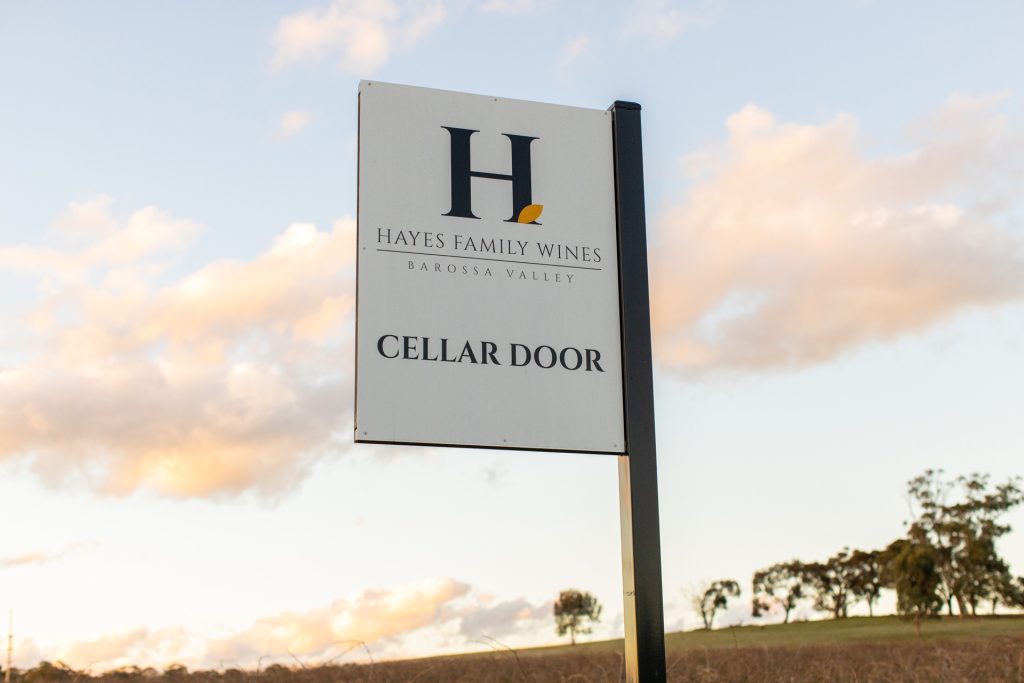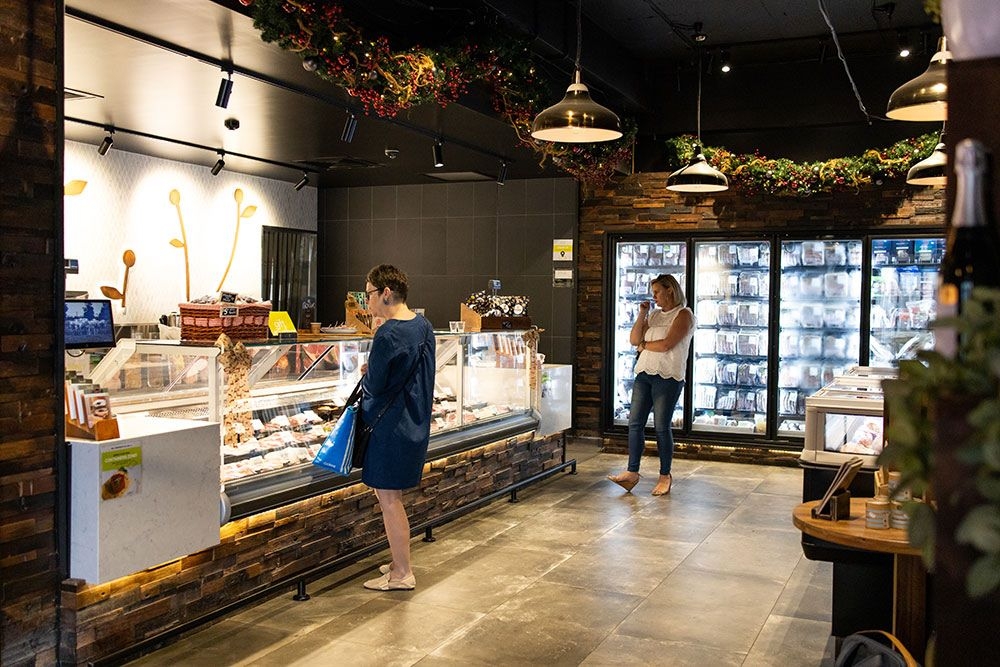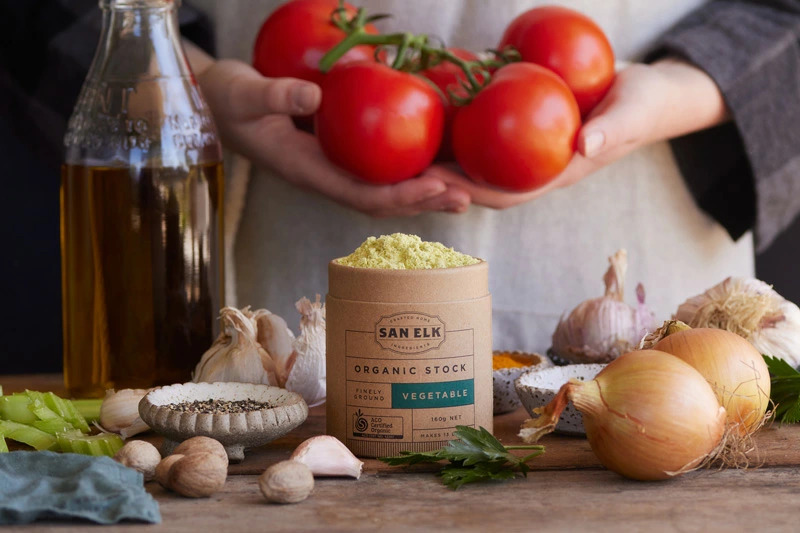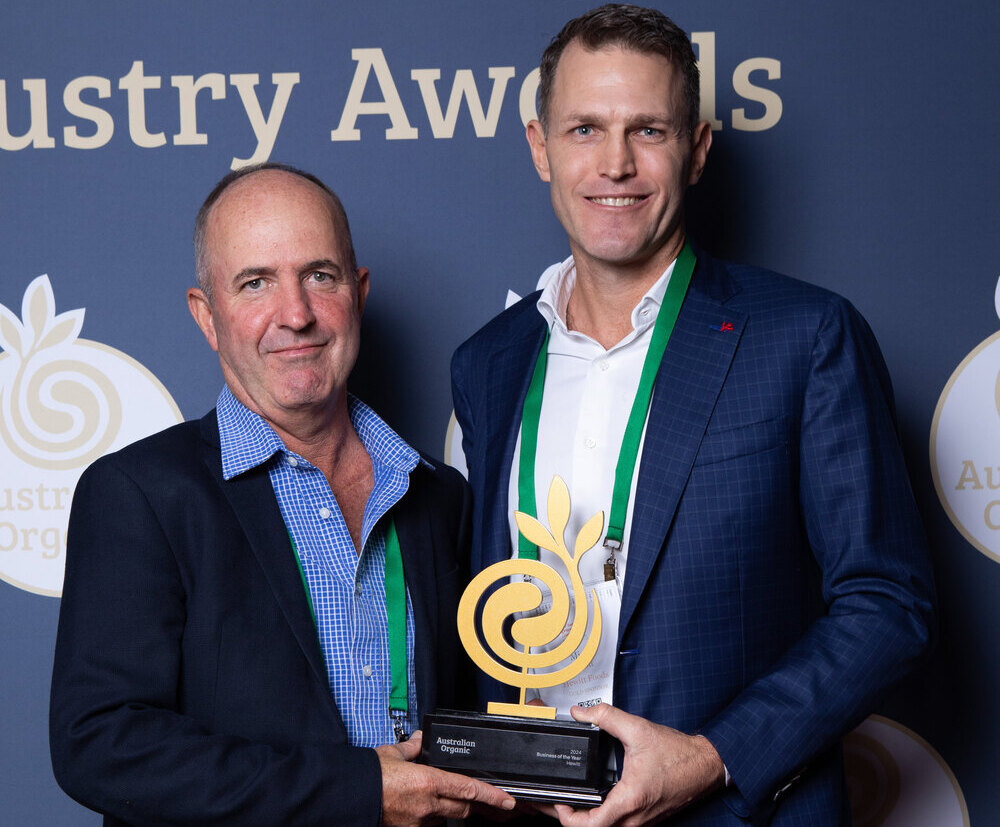A family-owned and operated business, Hayes Family Wines are a small-scale producer situated in the pristine winemaking region of the Barossa, South Australia. Nestled amongst rolling hills of the Western Barossa Valley, Stone Well makes the ideal location for their certified organic Estate Vineyard and accompanying cellar door.
Hayes pride itself on using sustainable practices to curate their wines and operate all vineyards using organic practices. After farming organically for many years, the Estate Vineyard in Stone Well became fully certified organic in 2020. Hayes firmly believe that by working with the Barossa’s hero varieties (Shiraz, Grenache, Mataro), they can craft unique, authentic wines while promoting an approach that is better for their vineyards and the surrounding environment.
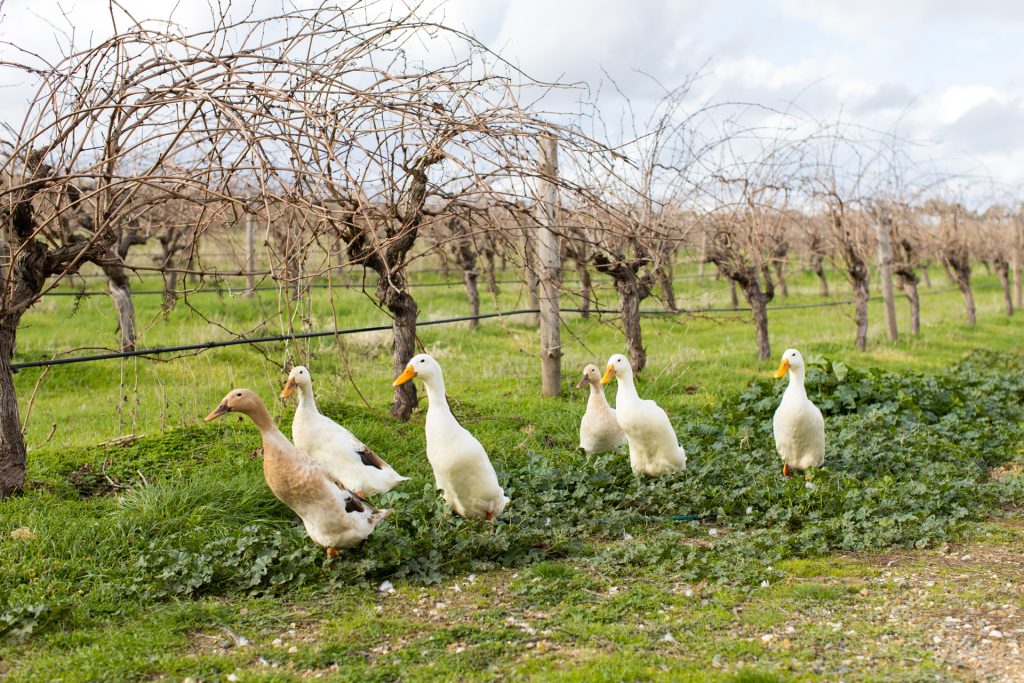
Owner Brett Hayes and Chief Winemaker Andrew Seppelt are passionate about the wines they produce. Brett purchased the property at Stone Well due to its isolation from other traditional farmed vineyards, age (the vineyards date back more than 70 years) and the potential to grow premium organic grapes.
“Attention to detail is necessary to produce high-quality grapes with minimal intervention. Minimal intervention means adding less but requires more manual work to make it successful. It requires a broader ecosystem way of thinking. It is not just about the absence of synthetic herbicides. In a dry climate like the Barossa, it requires a much more holistic way of thinking,” commented Brett Hayes.
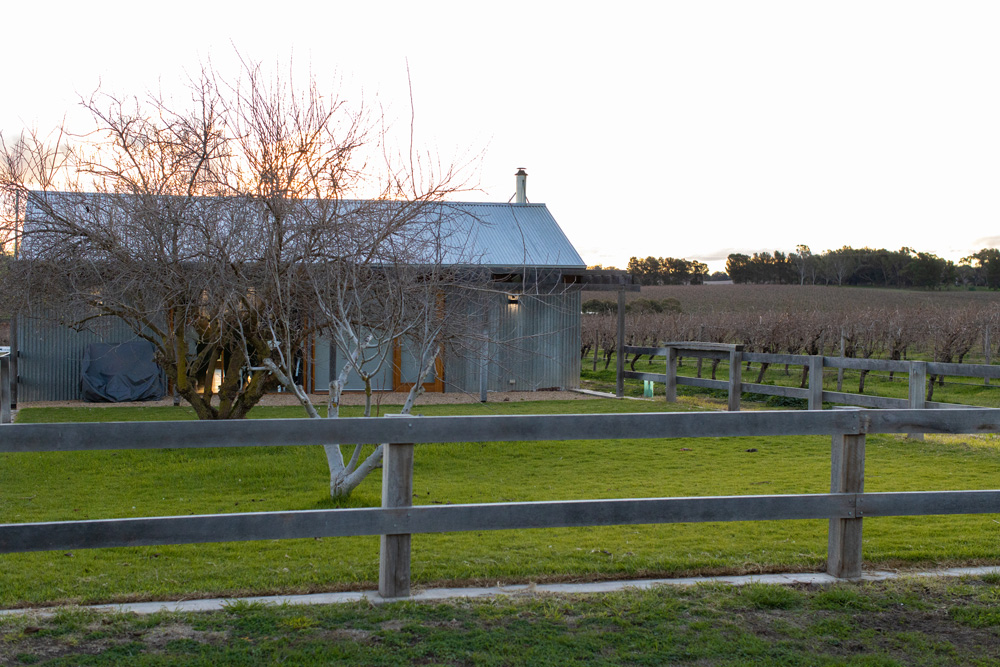
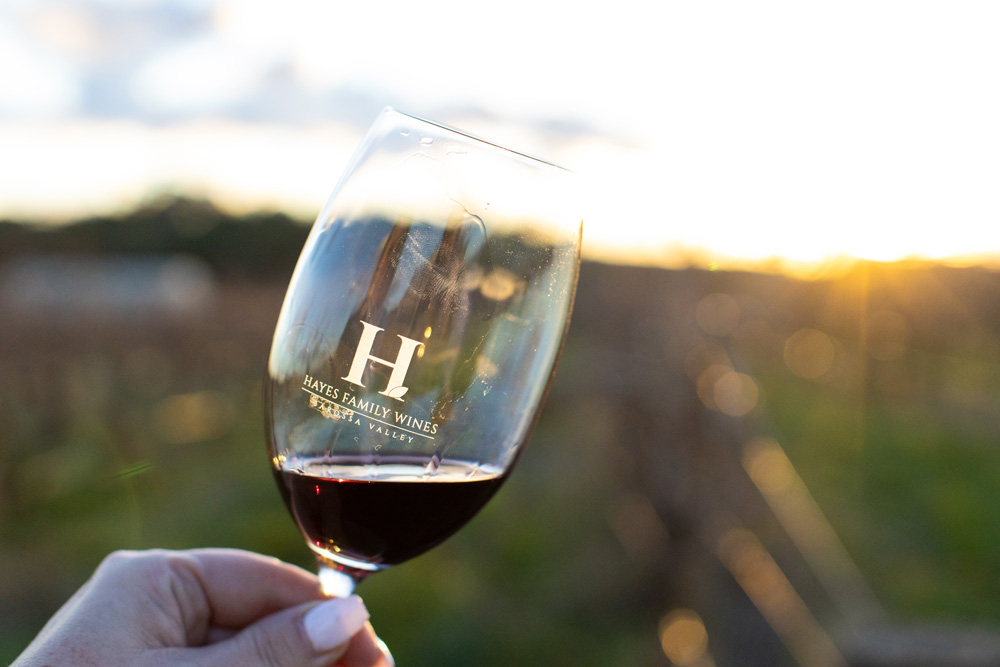
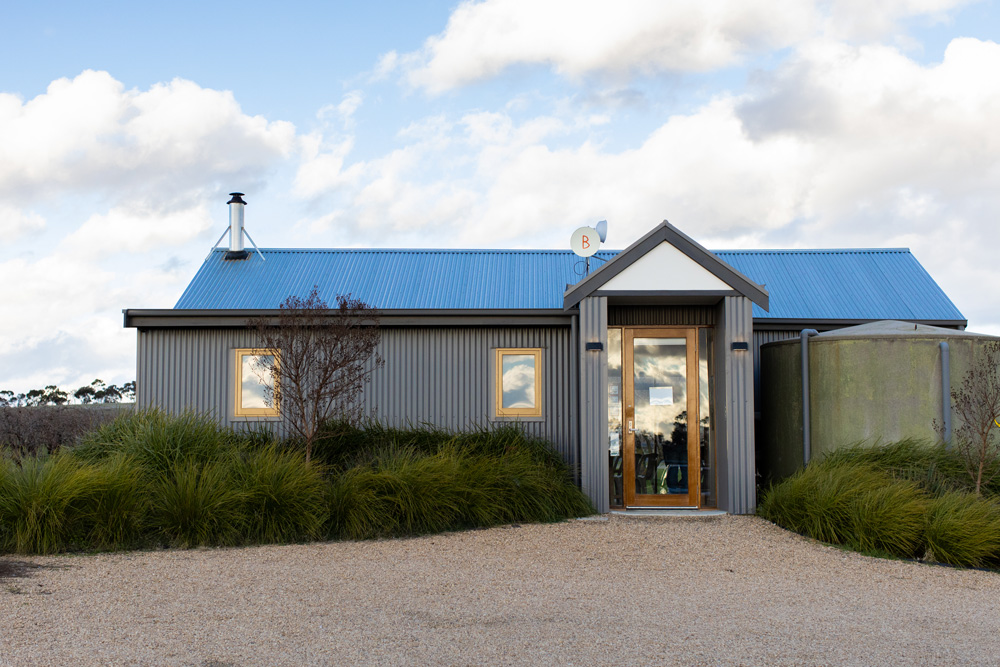
Through the conversion process, the duo discovered that the most challenging aspect of managing a certified organic vineyard in a dry climate is controlling weeds, particularly in dry years. Since synthetic herbicides and pesticides are prohibited in certified organic management, natural methods are used instead. Native insectary plants have been introduced to encourage beneficial native insects, while chickens, Indian Runner ducks, and native microbats manage pests. The winemakers also choose not to net their vineyards to allow birds from local bushland to feast on unwanted pests, promoting raptors such as eagles and hawks to keep other ‘pest’ birds at bay.
“Certification represents the next step in commitment. We as consumers benefit from growers that apply organic practices, but as a community, certification provides a level of assurance that what is being sold is what is being bought,” Brett added.
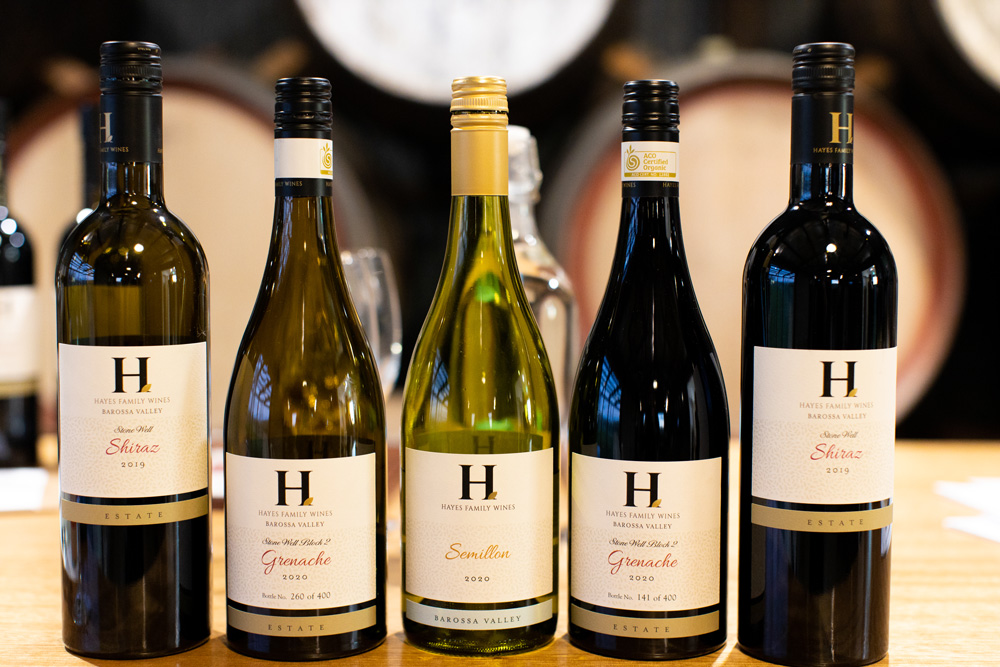
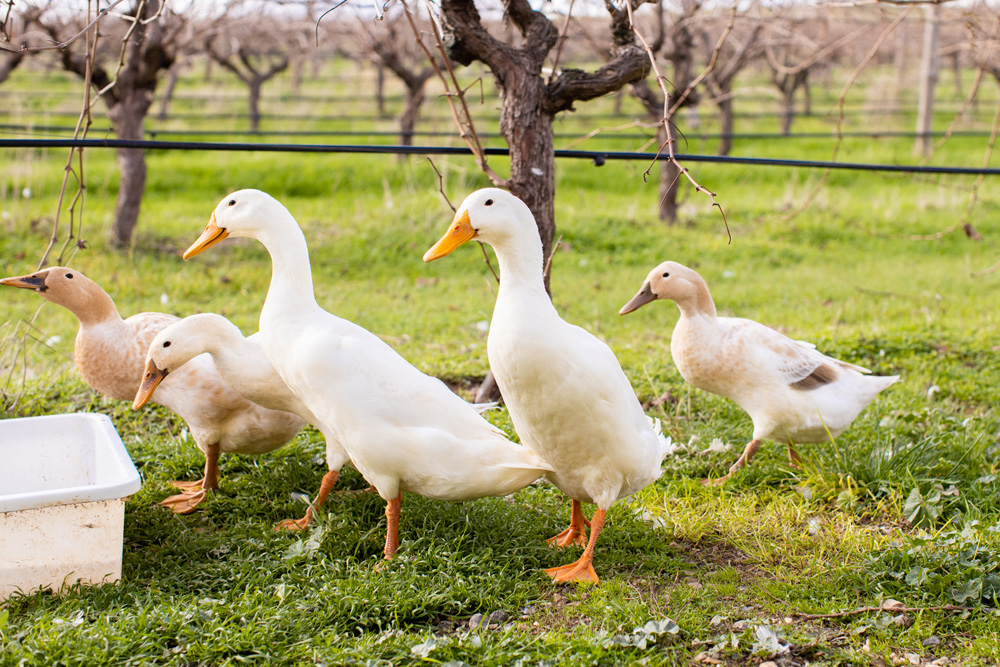
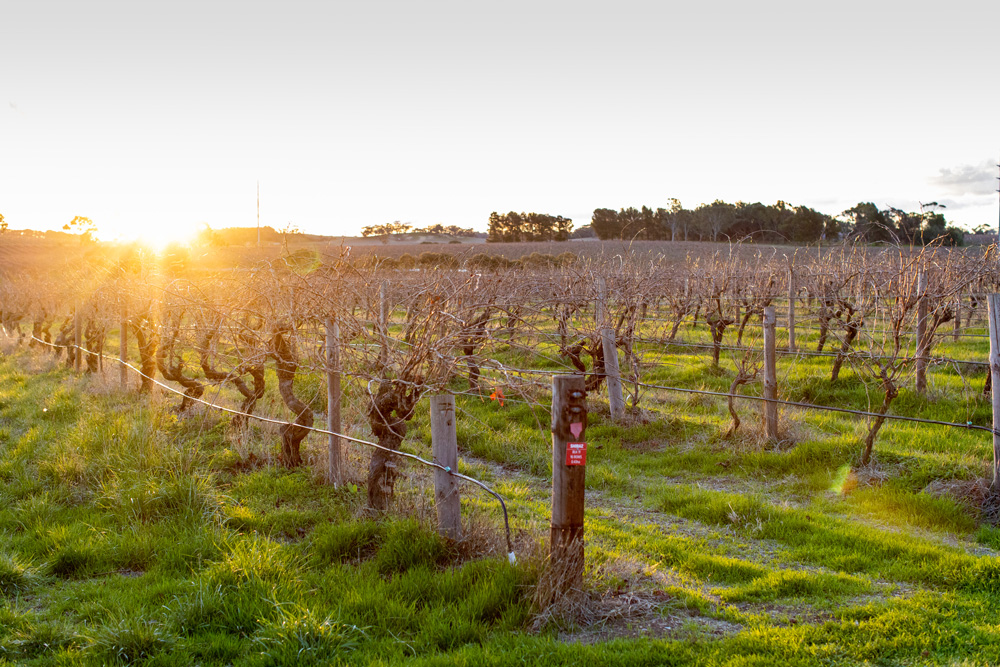
There is still a large amount of manual work involved in managing the vineyard and controlling unwanted weeds. The vineyard hand-prunes and hand-harvests to maintain the care and attention to detail they pride themselves upon. During drought periods, weeds compete with the vines for water, so it is imperative that they are controlled and managed in the most natural way possible. Despite the extra work, both Hayes and Seppelt agreed that the benefits of producing a certified organic wine, superior in taste and quality, more than outweigh the additional labour.
The Estate Vineyard and winery are also certified sustainable through Sustainable Winegrowing Australia – proving further their commitment to sustainability and improvement of sustainable practices across several aspects of their business.
Hayes Family Wines cellar door is currently open by appointment only but will re-open on weekends for visitors shortly. Until then, watch out for the next virtual wine tasting event hosted by Brett and Andrew to sample a range of their wines and hear all about the winemaking process.
“Hayes Family Wines are always looking to move forward, to improve what we do every day; and that ultimately improves the wines we produce. Come and visit any day and see for yourself, if you cannot do that, try one of our wines, you will be amply rewarded.”
To learn more about Hayes Family Wines, visit their website: hayesfamilywines.com
Images by Louise Wright Photography
